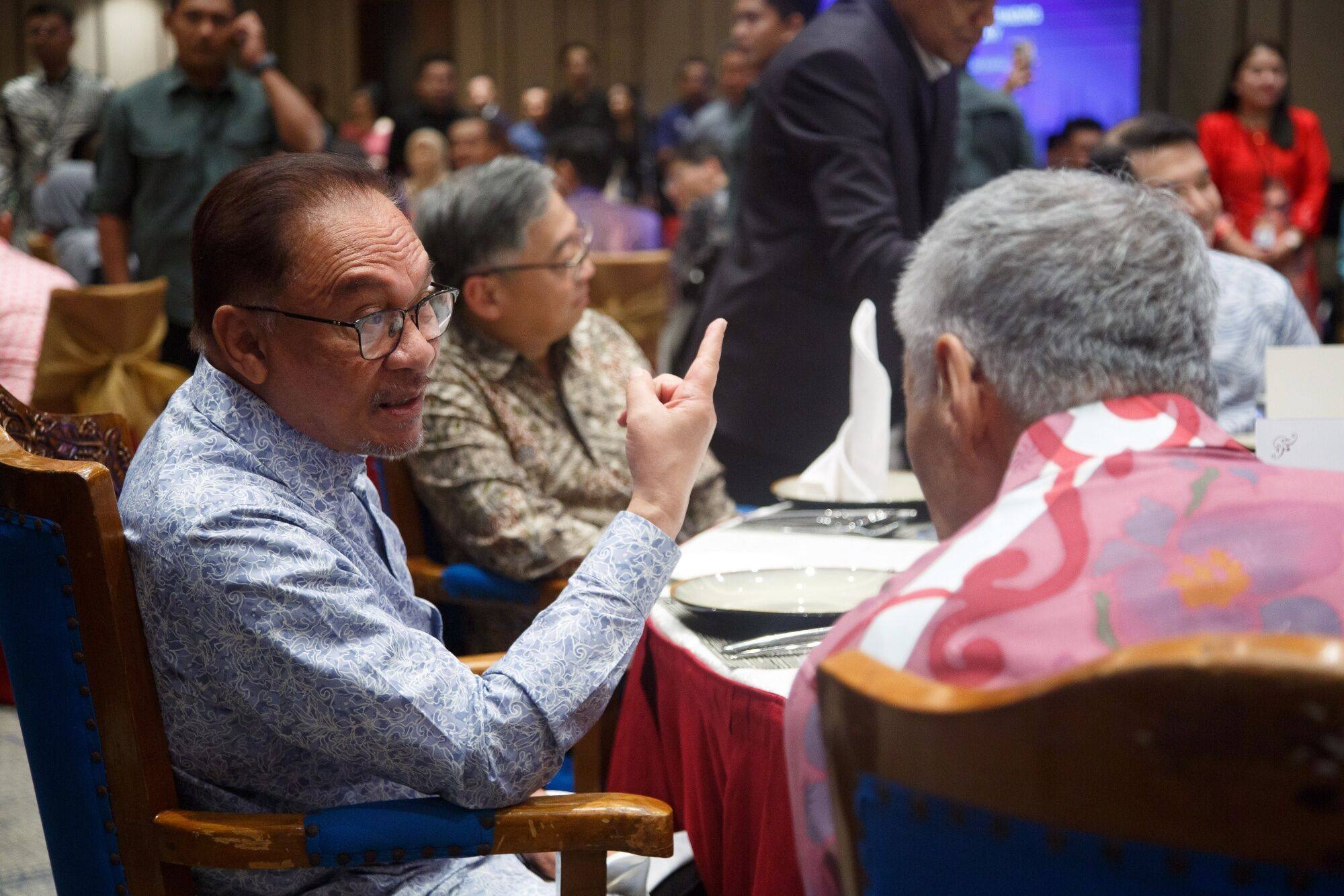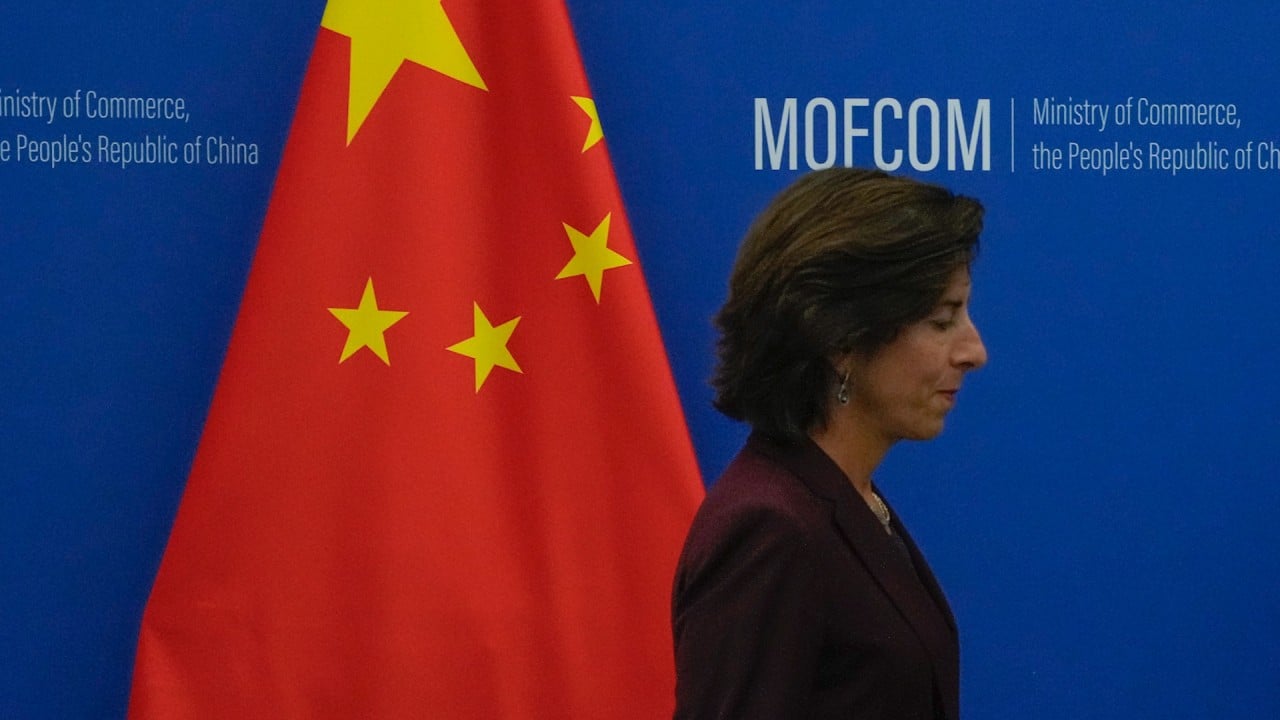
Malaysia’s PM Anwar slams the West’s inconsistency with international laws in Israel-Gaza war
- He also called out the West’s hypocrisy in condemning Russia’s invasion of Ukraine but not supporting a ceasefire in Gaza
- Anwar, a former opposition leader, also talked about his missteps that landed him in jail in Malaysia, but promised to see through reforms
The West has given “carte blanche” to Israel to continue its “murderous rampage on the Palestinians” for six decades, he said while giving the annual Gareth Evans oration at Canberra’s Australian National University on Thursday following the Asean-Australia Special Summit.
“Unfortunately, the gut-wrenching tragedy that continues to unfold in the Gaza Strip has laid bare the self-serving nature of much valued, the much vaunted rules-based order.”

He said the differing and inconsistent responses by the West “defied reasoning” and there was no room for the selective application of international laws.
“As we strive to build a more peaceful and economically vibrant region, I believe it’s a fool’s errand to think that the liberal international order and the inconsistencies in the application of principles, rules and norms will go unnoticed, nor should we descend into cynicism and declare that no country can ever be fully consistent in international affairs,” he said.
“Consistency matters. International law matters, so does a commitment to fair play and mutual respect among nations.”
What is UNRWA, the main aid provider in Gaza that Israel accuses of militant links?
Anwar was twice jailed over the course of his career, which started in the 1980s, for sodomy.
While both countries were once part of the same Malaya, Singapore went on to be a more economically powerful and stable country following its separation from Malaya in 1965.

“We have started with the issue of governance [for reforms]. Is it not surprising that after one year and three months, [there’s] not one single scandal involving ministers in terms of amassing wealth or involving contracts? Is it not something new that every single procurement is through proper tenders? Well, this may be something normal to you, but it’s not, in our case.”
“The opposition can talk about many issues, we are not as Islamic, my beard is not long enough, but they cannot raise the issue of governance because I’m tough on that, without exception.”
On economic reforms, he assured investors that Malaysia would continue its reduction of anticompetitive subsidies and has done so in the water and electricity sectors but warned the removal of subsidies should not be sudden.
“If you do it abruptly without having given time to explain to get people to understand, there will be political upheaval,” he said. “Because if it is too drastic, you punish the common man, that I cannot accept.”
Playing politics: Malaysian lawmakers, internet users slam opposition’s ‘antics’
Anwar, who became prime minister in 2022, also reinforced his warning to the West of China-phobia.
“The obstacles that have been placed against China’s economic and technological advancement will only further accentuate such grievances,” Anwar said, but added that such a stance did not mean turning a blind eye to behaviours from China that breached international laws.
There needed to be recognition that, with the US unable to fully harness globalisation, countries have now turned to superpowers that were more “transactional”, he said.
While countries once aspired to be “Western”, they now see “multiple pathways for advancing their societies” and not those prescribed, or endorsed by the Global North, Anwar said.
The way forward should include more multilateral engagements and any regional and global responses to China’s rise must be handled carefully as it could determine if Asia-Pacific is “characterised by discord or detente”, he said.
This resonated with a detente or an easing of hostility between China and the US called by the oration’s namesake, former Australian foreign minister Gareth Evans and 49 other high-profile Australians earlier this year.
“Leaders rejoiced … that they [Biden and Xi] were at least prepared to meet and discuss issues. You can see the general sentiment that people want this settlement. It means so much for our people, our economy, our stability in our region,” he said.


